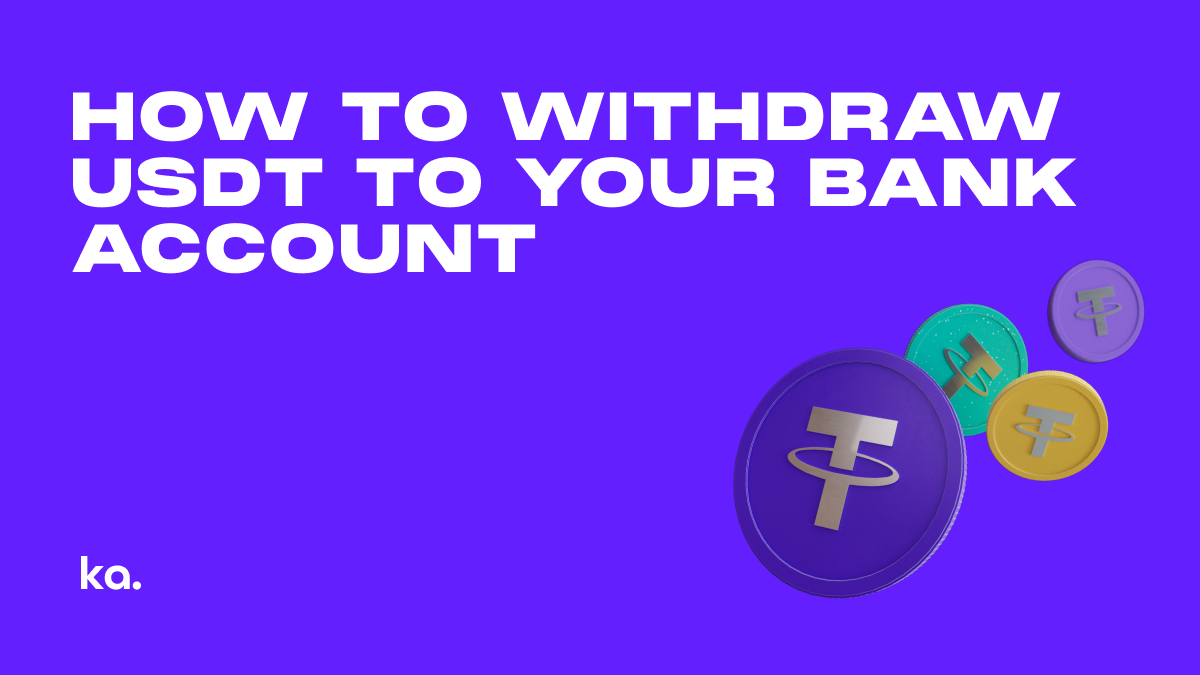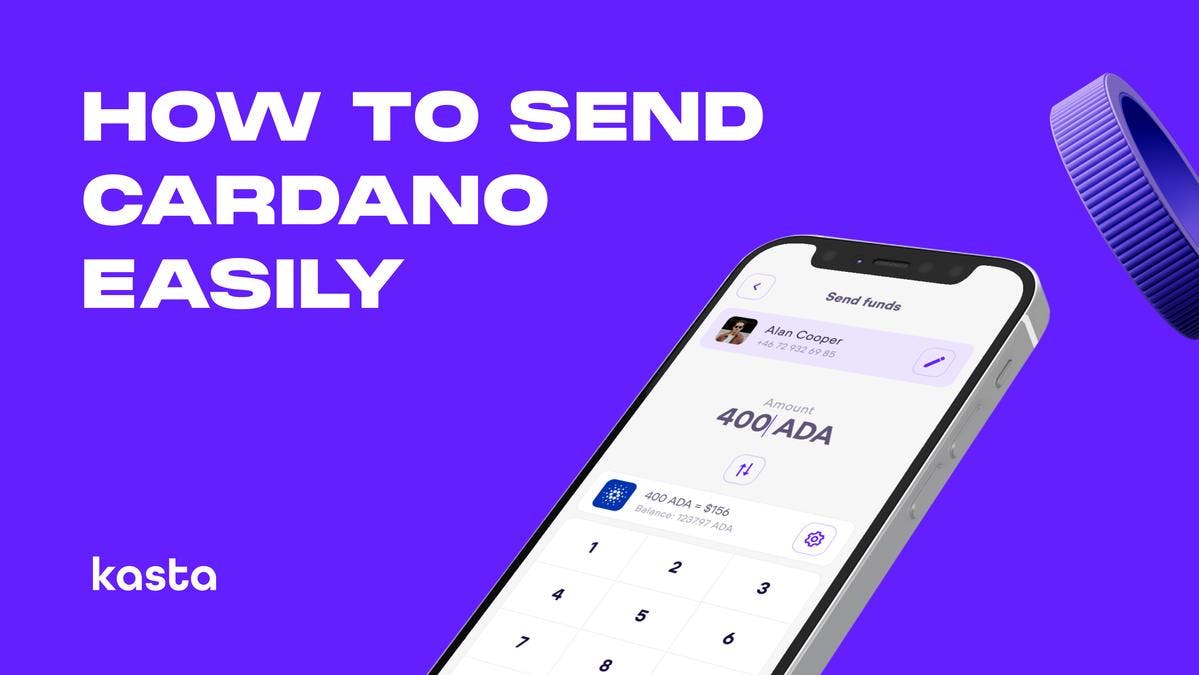As the first cryptocurrency, Bitcoin paved the way for a new kind of money: digital, decentralised, and controlled by the user. In fact, Bitcoin has steadily gained value and acceptance since its launch in 2009. Many businesses and individuals now use Bitcoin as a payment method, whether to shop, book flights, pay bills with crypto, pay someone with Bitcoin, etc.
However, despite being a digital asset, Bitcoin still requires a safe place for storage. This applies whether you're planning to use Bitcoin to purchase goods or services, or if you're intending to hold onto them for potential value appreciation.
What Is a Bitcoin Wallet?
A Bitcoin wallet, much like your everyday wallet, serves as personal storage for your money. However, instead of carrying physical bills or cards, a Bitcoin wallet keeps a set of Bitcoin private keys. This is usually shielded with a password or other security measures to prevent unwarranted access.
Unlike the distributed and shared nature of the Bitcoin network, a Bitcoin wallet is exclusive to its owner. It's not spread across multiple users like the blockchain, giving the owner sole control and responsibility over it.
Different Types of Bitcoin Wallets
There are various types of Bitcoin wallets, each offering different levels of security, convenience, and accessibility. These include:
1. Software Wallets
These are applications you can download to your computer or mobile device. They generate the cryptographic keys required for transactions and allow you to manage your Bitcoin directly. Software wallets come in three main types:
a. Mobile Wallets
Available as apps on your smartphone, mobile wallets are practical for everyday transactions, including in physical stores. They usually allow you to send Bitcoin with a QR code or a mobile number.
b. Desktop Wallets
This type of wallet is installed directly on your personal computer. Two of their advantages are they offer full control over your Bitcoin as well as robust security measures.
c. Online Wallets
These wallets run on the cloud and can be accessed from any computing device in any location. They offer convenience, but your private keys are stored online and controlled by a third party.
2. Hardware Wallets
As their name suggests, hardware wallets are physical devices, similar to a USB stick, where you can securely store your Bitcoin. They generate and store your keys offline, making them resistant to online threats. To make a transaction, you'll need to connect the device to a computer with internet access, enter your pin, and confirm the transaction.
3. Paper Wallets
Paper wallets involve printing your Bitcoin addresses and private keys on a piece of paper and storing them in a safe place. While this provides a high level of security from online attacks, it requires careful handling to prevent loss or physical damage.
4. Metal Wallets
These are the durable version of paper wallets. Your Bitcoin addresses and private keys are engraved or etched onto a piece of metal, making them resilient against fire, water, and other potential physical damage.
How Do Bitcoin Wallets Work?
Bitcoin wallets function using cryptographic key pairs, which consist of a private key and its corresponding public key. The private key, which needs to be securely guarded, is used to send Bitcoin. On the other hand, the public key, which can be freely shared, is used to receive Bitcoin.
When you establish your Bitcoin wallet, it generates a seed. This seed, often displayed as a sequence of words or mnemonic phrases, is utilised to produce every Bitcoin key required for transactions. This setup, known as a Hierarchical Deterministic (HD) system, is a standard in the Bitcoin realm for key creation and management.
To enhance user privacy, most wallets auto-generate new public keys when receiving Bitcoin, effectively treating keys as one-time-use tokens. This eliminates the problem of reusing the same public key or address for each transaction, which could otherwise reveal your entire transaction history. As long as you have your recovery seed, typically a list of 12 or 24 words generated when setting up the wallet, you can always recover your wallet.
How to Set Up a Bitcoin Wallet
How to set up a crypto wallet varies according to the type of wallet you will use. Software and mobile wallets typically involve downloading an app and following the setup instructions, including creating a backup and securing it with a strong password. On the other hand, hardware wallets would require you to buy the device, then connect it to your computer and follow the manufacturer's setup instructions.
Final Thoughts
Choosing the right Bitcoin wallet is an essential instrument for safely using and storing Bitcoin. Be sure to strike a balance between security and convenience when selecting a wallet, tailoring it to your unique needs and circumstances.
If you’re looking for a crypto wallet for beginners, you can use Ka.app. It allows you to safely and quickly transfer crypto and Bitcoin to other users. The best part is sending crypto is free if the other user on Ka.app accepts the payment in the same currency (sent in Bitcoin and received in Bitcoin). Other cryptocurrencies are also available in the app so you can easily convert Bitcoin to other tokens.

Scan to download the app
FAQ
Are Bitcoin wallets free?
Many providers offer Bitcoin wallets for free, although some platforms charge for the wallets themselves. Download Ka.app if you’re looking for a wallet where you can store, send, and receive Bitcoin for free.
How can I secure my Bitcoin wallet?
Securing your Bitcoin wallet starts with choosing a wallet that prioritises safety and security. It must have strong security standards and ideally, two-factor authentication (2FA). The 2FA adds an extra layer of security as it requires not only a password and username but also something that only the user has on them, such as a piece of information only they should know or have.
In addition, it’s crucial to back up your wallet and keep your software up to date. Regular updates to your wallet can ensure that you have the latest security features available.
Learn more about how to safely store cryptocurrency.
Can I send Bitcoin without a wallet?
No. Just as you can't send money without having somewhere to store it and transfer it from, you can't send Bitcoin without a wallet. Your Bitcoin wallet is essential as it securely holds your Bitcoins and is your interface to the Bitcoin network.








